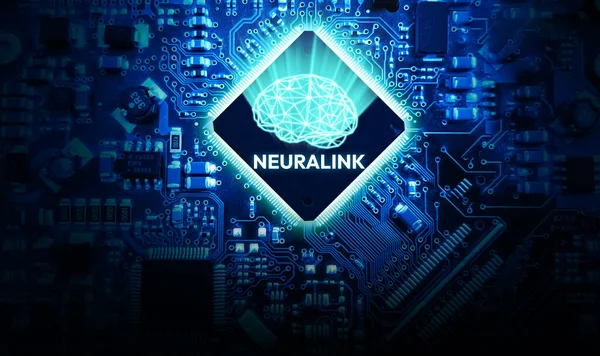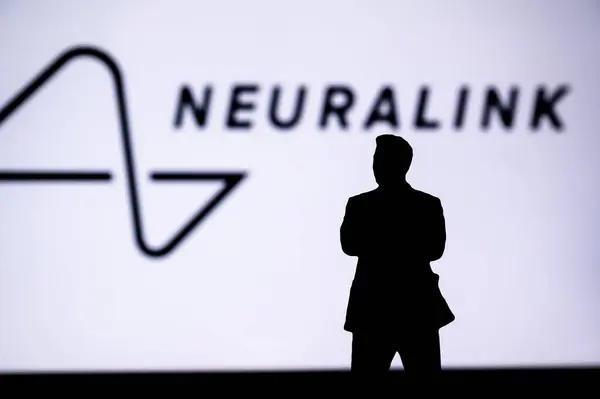Neuralink, the bold brain-implant venture backed by Tesla CEO Elon Musk, is perpetually making headlines, pushing the boundaries of technological innovation in the process.
Despite its cutting-edge vision centered mostly around assisting individuals suffering from quadriplegia and similar ailments, the company increasingly finds itself at the center of swirling debates.
From seasoned scientists to policy-makers and the broader public, Musk’s latest venture is prompting a whirlwind of questions about the ethical, legal, and potential misuse aspects of this emerging technology.
With uncertainty looming large, the public discourse around the groundbreaking project is as intriguing as the technology itself.
Neuralink’s Ambitious Vision: Miracle or Menace?
Neuralink, founded by eccentric tech billionaire Elon Musk, is charging headfirst into this uncharted territory.
Originally conceived as an initiative to aid individuals with quadriplegia through brain-controlled computer interfaces, the company has formidable aspirations. Potential applications haven’t stopped at helping people regain control of their bodies.

Aiming further, Neuralink hopes to apply this technology to a broad range of health problems such as motor issues, vision loss, and speech impediments.
Dinesh C. Sharma, a seasoned science commentator for Tribune, recently aired his concerns about the company’s direction and he isn’t alone.
Technologically as well as ethically, Neuralink’s dive into the realm of brain implants weave numerous implications.
Sharma comments, “We have to take into account the possibilities of misuse of brain devices for non-medical purposes. Regulators, policymakers and ethicists have to address such complex issues.”
Read More: Elon Musk Ignites Controversy: Takes Aim at Disney’s Diversity Initiatives
Unveiling the Reality Behind Brain Implants
At a first glance, brain implants appear like techno-gadgets straight out of a Sci-Fi novel, yet their potential implications extend far beyond their initial allure.
They could quite possibly be the key to improving the lives of those suffering from various neurological conditions and spinal injuries.
As Sharma points out, there is a concerning “regulatory mystery” surrounding the clinical trials of such invasive devices.
He stressed that “there needs to be an informed public discourse on the technological possibilities as well as concerns instead of allowing hype to take the reins.”
Also Read: Ralph Lauren Projects 2% Growth Amid Luxury Market Shifts
Competitors on the Horizon, Raising Concerns?
The stage might be spotlighting Neuralink, yet there are other key players eyeing the same emerging tech domain.
Sharma pointed out one name, Ixana. As they explore the applications of ‘mind control’ and ‘human touch’ interfaces in digital communication, the landscape seems treading close to ethical boundaries more than ever before.
Among the arising questions is the implication of such technology in non-medical purposes. The dialogue around these technologies has generated debates that involve ethical considerations, human rights, and regulatory obstacles.
As Hype, Hope, and Fear Collide
The promise these technologies hold is hard to overlook, yet they raise as many questions as they answer.
As Neuralink and others surge ahead toward ground-breaking, albeit controversial, advancements, we find ourselves at the edge of a new frontier.
Ethicists, policymakers, regulators, and the public must now engage in an informed discourse. What we need is not to mute the hype, but to balance it with caution and transparency.

The need to openly discuss the technological possibilities, potential misuses, and ethical concerns has never been more pressing.
This tale of ambitious innovation and wary skepticism offers a fascinating study in our collective readiness to embrace an uncharted future – one where brain-devices might become commonplace.
As companies delve deeper, what will it take to steer clear of unforeseen pitfalls and misuse while harvesting the benefits?
This question promises to keep the spotlight on Neuralink and its peers in the foreseeable future.
Read Next: Nasdaq Private Market Raises $62.4 Million for Pre-IPO Share Market Expansion

